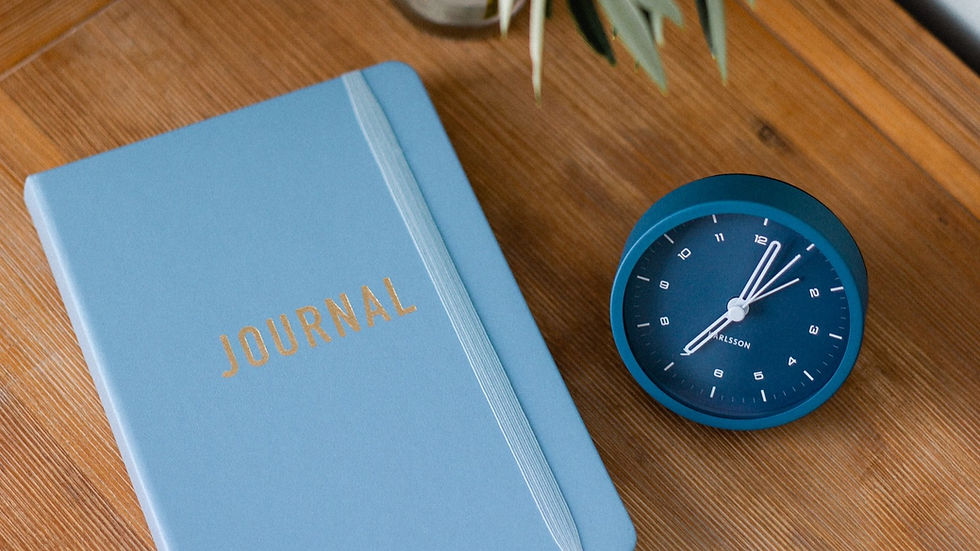Get the jump on Daylight Saving
- bernice377
- Sep 23, 2021
- 3 min read
With Spring on the horizon, our clocks are about to spring forward an hour to create ‘summer time’. This seasonal time shuffle makes it darker in the mornings and lighter in the evenings. While that means we can enjoy those long balmy evenings soon, the upcoming Daylight Saving transition can be a bit of a rough ride for our sleep.

This is especially so for people with existing sleep troubles and those who are naturally Night Owls. So, it’s good to be across what to anticipate sleep-wise and know what you can do to prepare yourself.
New Zealand Daylight Saving time STARTS IN SPRING Clocks spring forward one hour from 2am to 3am on the last Sunday in September. | Australia Daylight Saving time* STARTS IN SPRING Clocks spring forward one hour from 2am to 3am on the first Sunday in October. |
Daylight Saving is not observed in Queensland, the Northern Territory and Western Australia.
In Spring, we essentially ‘lose’ an hour, which is much trickier for our bodies to adjust to than in Autumn when we ‘gain’ an hour. It can take up to a week for your body to completely acclimatise to this change, so it’s this Daylight Saving change you need to really pay attention to. The most common issues you can run into include:
Not feeling tired at your regular bedtime
Accidentally staying up late
Feeling rugged in the morning (especially on the Monday after the time change)
Staying in bed longer in the morning
Anxiety about the impact Daylight Saving will have on your sleep, exacerbating sleep difficulties.
The human body operates on an internal body clock (circadian rhythm) that’s pretty well in sync with the 24-hour cycle of light and dark. So, when the government artificially shifts time for six months, you can expect your body to scramble a bit initially as it adjusts to the new normal. While there can definitely be sleep problems, there doesn’t have to be. You can do a bit of preparation so your body doesn’t have to make the adjustment in one night.
Here’s what you can do to support your sleep and help your body synchronise with the new ‘time zone’ it will be living in from October.
Transition gradually
Make a conscious choice to bring bedtime and wake-up time forward by fifteen to twenty minutes per day to prepare yourself.
Do this for a few days before Daylight Saving and on the Saturday night of the official clock change.
Make sure you actually go to bed at the earlier bedtime and get up at the earlier wake-up time. (Use your alarm to support you in this, even on the weekend).
Get ‘bright-eyed’ earlier in the morning (so you’ll feel sleepier earlier in the evening)
Get plenty of exposure to sunlight first thing in the morning – hurl those curtains back and get outside for a fifteen-minute walk without your sunglasses on.
Sunlight in your eyes in the morning is a crucial signal for your body to synchronise its melatonin with the light/dark cycle. Melatonin is the body’s natural ‘sleepiness’ hormone; you need it to be lower in the a.m. and higher in the evening.
Avoid known sleep disruptors
Go caffeine-free in the avo and evening (that includes black tea and dark chocolate!)
Don’t use alcohol (or cannabis) to help fall asleep (they mess with sleep overnight)
The guts of it is, you need to fall asleep an hour earlier and wake up an hour earlier than what your body is accustomed to. Easing into Daylight Saving across a few days and making some savvy lifestyle tweaks makes for a smoother transition that’s less likely to upset your sleep. And that first Monday morning after the time change won’t be so brutal!
Take care of yourself and your sleep.
Bernice.


Comments